King Rama IV
For many Thais, the name “Phra Siam Devadhiraj” is familiar, as he is believed to protect and safeguard the nation. At Ticy City, we recognize that not everyone may know that Phra Siam Devadhiraj stands tall as the “National Deity” or “Phii Luang” (Great Spirit). Thai society has revered spirits since ancient times, but what is the origin of this belief? Let’s dive into the stories shared by Nai Mu.

Reverence for Spirits: A Long-Standing Belief
In ancient societies, people relied heavily on nature, performing rituals and offerings to ensure their safety, as well as that of their families and communities. They sought abundant water and prosperous growth of crops and trees.


One inscription from the Sukhothai period states:
“At the head of the Sukhothai city, there is a shrine of the teacher deity, housing the spirit of the great deity in that mountain, who is greater than all other spirits in this city. Whoever rules Sukhothai, if they worship correctly, will see this city thrive; if they fail to worship properly, the spirits will not protect them, and this city will be lost.”
The belief in spirits has persisted since the Sukhothai era, as illustrated by a historical account from February 1912. General Chao Phraya Chakraphong Phuwana-rat traveled to inspect Sukhothai and wrote in his book, “The Birth of Sukhothai”:
“There is clear evidence stating that at the head of the city, there is a spirit of the great deity in that mountain. There are no mountains in the northern part of Sukhothai, but to the south, one can find deity statues even in stone alcoves, confirming the presence of the great deity.”
This female deity statue is green, without clothing, and has an elderly appearance. Today, this deity is known as “Mae Ya,” located at the Mae Ya Shrine in Sukhothai. It is believed that King Ramkhamhaeng commissioned this statue to honor his mother, Queen Suriyothai.
As the Rattanakosin period began, during the absolute monarchy, the belief in good spirits that protected the nation remained strong. The ruling class believed in political power through Phra Seu Mueang, Phra Song Mueang, and Phra Lakh Mueang. Prince Damrong Rajanubhab explained that Phra Seu Mueang represents military power, Phra Song Mueang symbolizes civilian authority, and Phra Lakh Mueang stands for judicial power. Other deities in this category include Phra Kala Chai Si, Chao Por Jet Khup, and Chao Por Hok Long.


The Birth of Phra Siam Devadhiraj
By the time of Rama IV, King Chulalongkorn, he reflected on the numerous occasions when Thailand faced threats to its independence yet managed to escape peril. It was thought that a divine protector was watching over the nation, making it fitting to create a representation of this deity for veneration. He commissioned Prince Phongse Vora, the creator of the Phra Siam Devadhiraj statue.
Prince Phongse Vora, originally named Mom Chao Dis, was the son of Prince Nara-nghirath. He sculpted the statue of Phra Siam Devadhiraj and the statues of Rama I to IV that are enshrined in the Phra Thep Bidorn Hall.

Phra Siam Devadhiraj is the one and only native Thai deity, revered as the “National Deity” or “Phii Luang.” He holds power that surpasses all other known and revered spirits from the early Rattanakosin period. The statue of Phra Siam Devadhiraj is made of gold, stands 8 inches tall, and depicts a royal figure adorned in a crown, holding a sword in his right hand and raising his left hand to his chest in a blessing pose. It is housed in a glass pavilion crafted from sandalwood, featuring a Chinese inscription on the back wall that translates to “The Abode of Phra Siam Devadhiraj.” This pavilion is situated in the central section of the elaborately carved and gilded wooden throne above the Phra Thawara Sannak in the Grand Palace, facing statues of Saraswati on the eastern side and Shiva and Uma on the western side.
During the reign of Rama IV, daily offerings were made, with sacrifices on Tuesdays and Saturdays before noon. These offerings included a bowl of boiled rice, a piece of steamed pork served with chili paste, a piece of steamed fish served with dipping sauce, red and white steamed rice cakes, sweet bananas, a young coconut, seasonal fruits, and a cup of clean water. Additionally, ceremonies were held to honor the deity on the first full moon of the fifth month (the traditional Thai lunar new year).
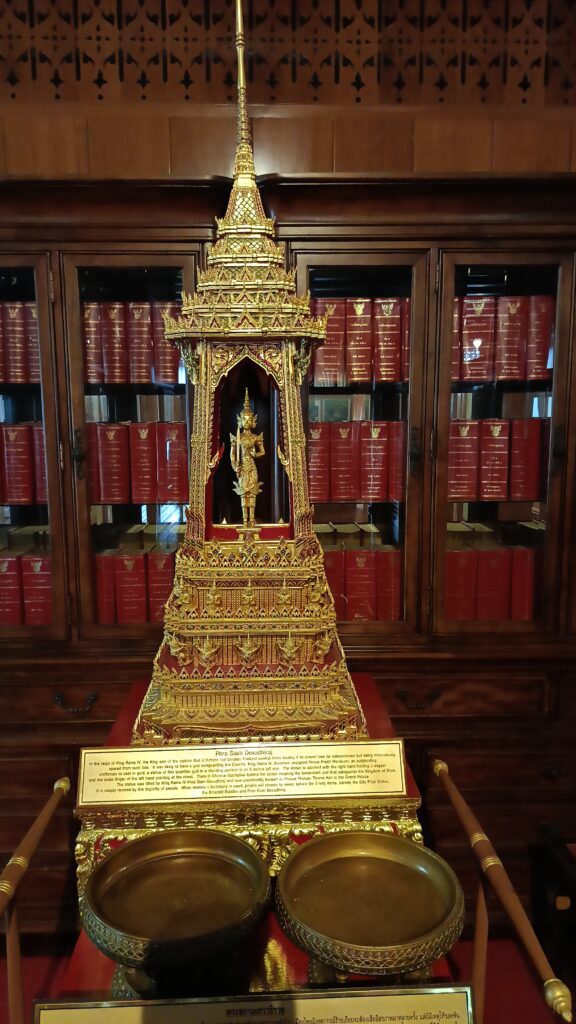
During the 200th anniversary of Bangkok in 1982, King Bhumibol Adulyadej, Rama IX, graciously commanded the removal of Phra Siam Devadhiraj from the throne of Phra Thep Bidorn Hall to conduct a ceremonial offering and allowed the public to pay their respects for the first time.
General Prem Tinsulanonda, former President of the Privy Council and the 16th Prime Minister of Thailand, once stated:
“I believe that Phra Siam Devadhiraj truly exists and will protect the good and curse the evil, punishing those who betray the nation. This is my belief; whether others choose to believe is based on their own ethics and morals.”
Phra Siam Devadhiraj has a mission solely focused on national security, tasked with protecting the King, the royal family, combating adversaries, and safeguarding Thailand as the spirit of the nation.
During the reign of King Chulalongkorn, another Phra Siam Devadhiraj was created, resembling King Chulalongkorn, and is enshrined at the Amphorn Sathan Palace in Dusit Palace.
The belief in Phra Siam Devadhiraj is viewed as the spiritual essence of former kings who take turns protecting the nation. The title “Phii Luang” is believed to be held by the souls of deceased kings who rotate in this position under the name of “Phra Siam Devadhiraj,” along with their assistants.

In 1966, Phra Maha Bodhi Thamajarn Wongsakaya mentioned the names of kings within the group of Phra Siam Devadhiraj, such as King Si Inthrathit, King Phak Mueang, King Naresuan the Great, King Ekathotsarot, King Buddha Yodfa Chulaloke, King Chulalongkorn, and King Vajiravudh, among others.
In 1979, Chalam Usupharat wrote a book indicating Admiral Prince Bhumibol Adulyadej as Phra Siam Devadhiraj, the 11th incarnation named Apakorn.
Is the spiritual realm real? Nai Mu admits he doesn’t know, and whether one believes or not is up to each individual’s discretion.
Written by: Nai Mu
#TicyCity #NaiMu #Bangkok #City #GodsCity #Spirituality #RamaIV #PhraSiamDevadhiraj #Deity #GreatSpirit #Thailand







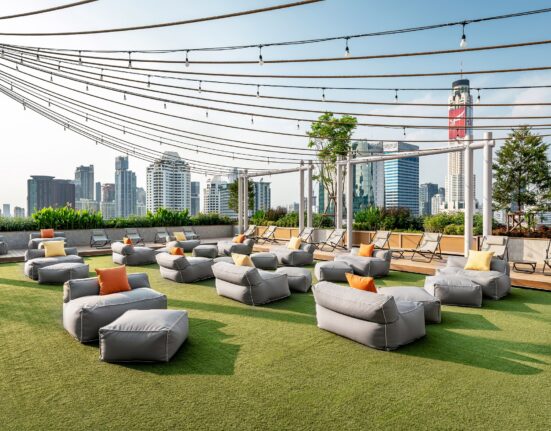

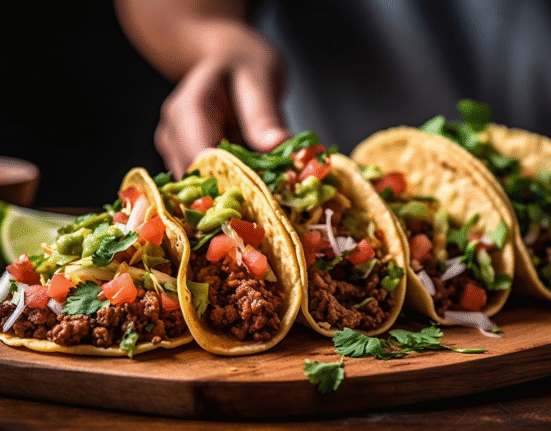
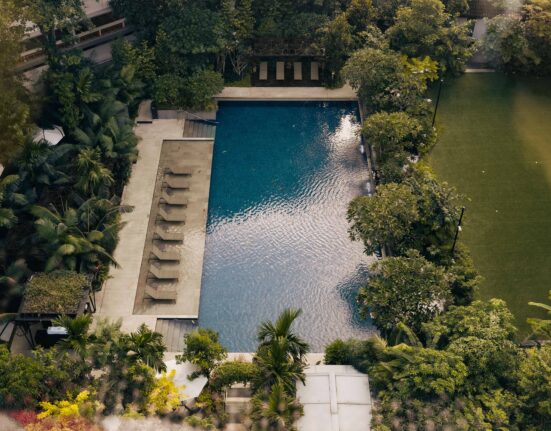
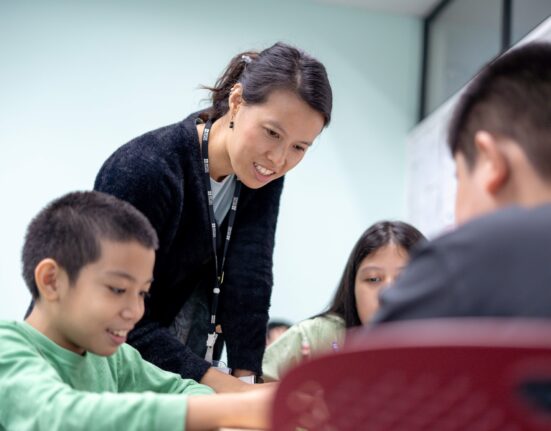




Leave feedback about this